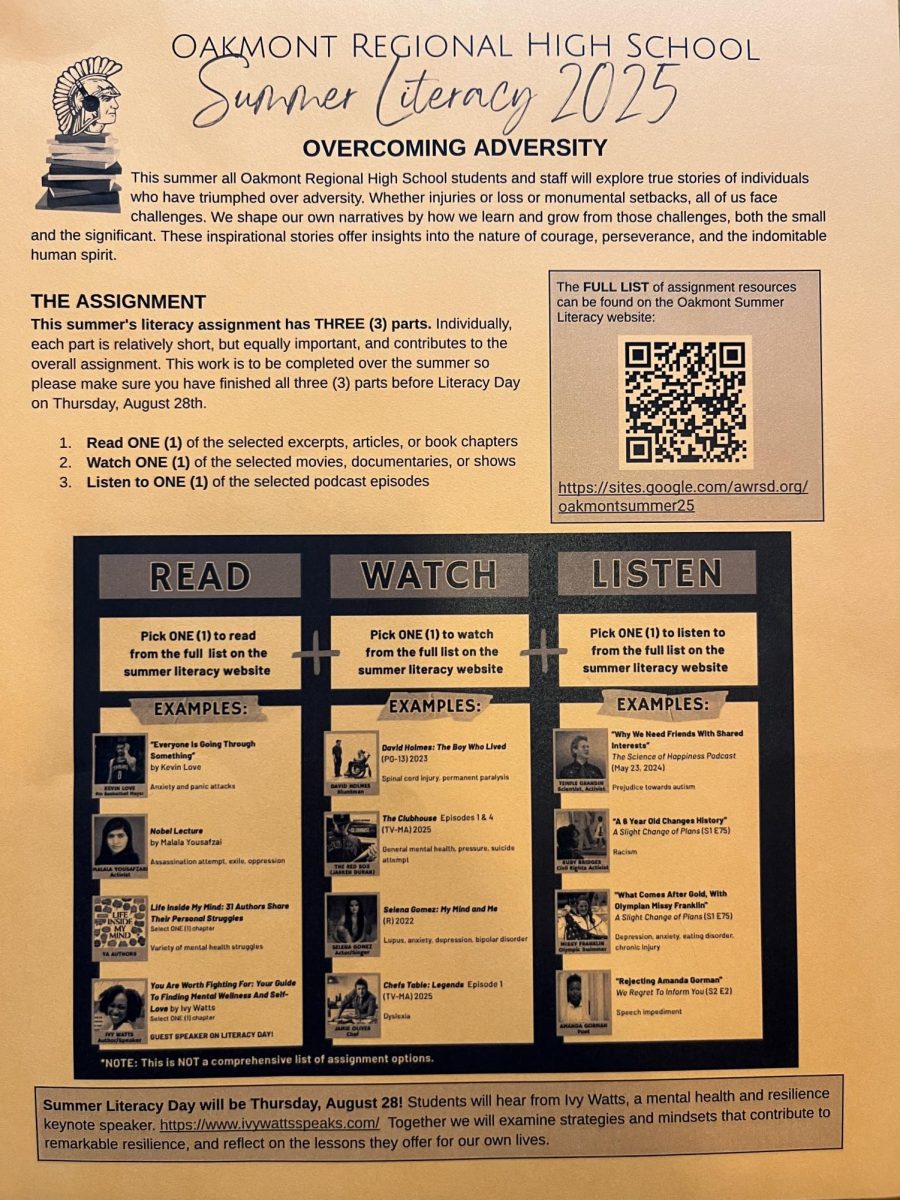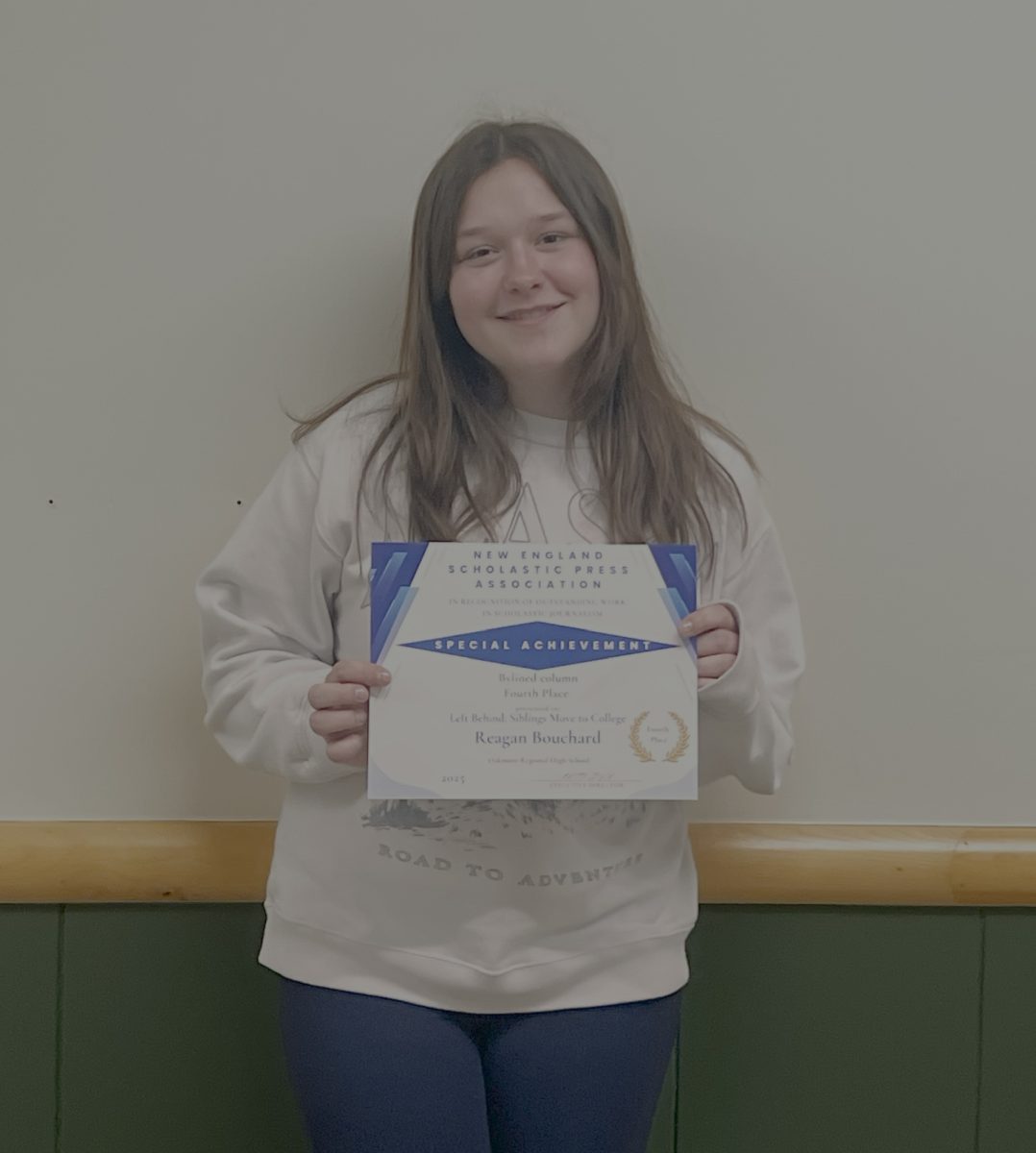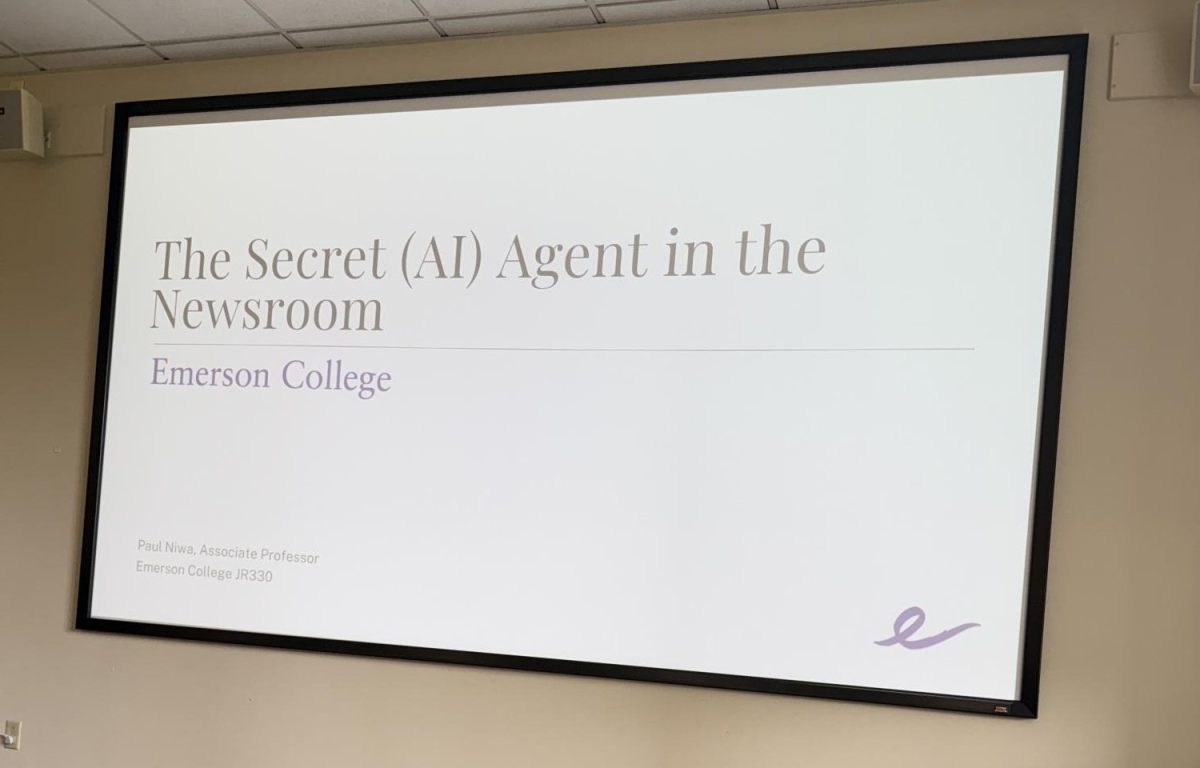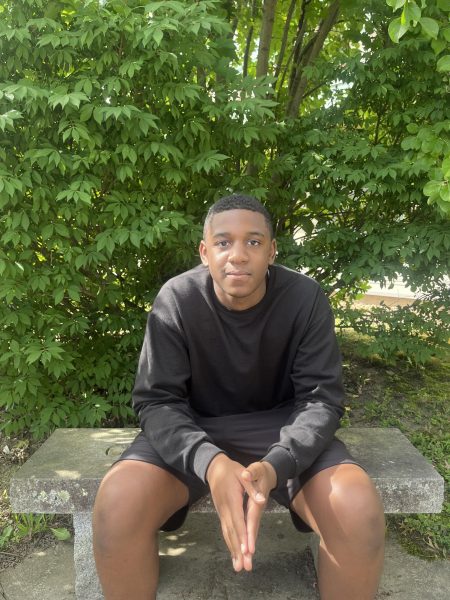In some schools, students use music as a beacon of focus. Students report that their minds get really into the topic and have a greater understanding of what they’re working on while listening to music. Some schools have a bad taste in their mouth for music. Schools feel listening to music makes students unfocused and makes it hard to get work done. Some Students can have the same thoughts
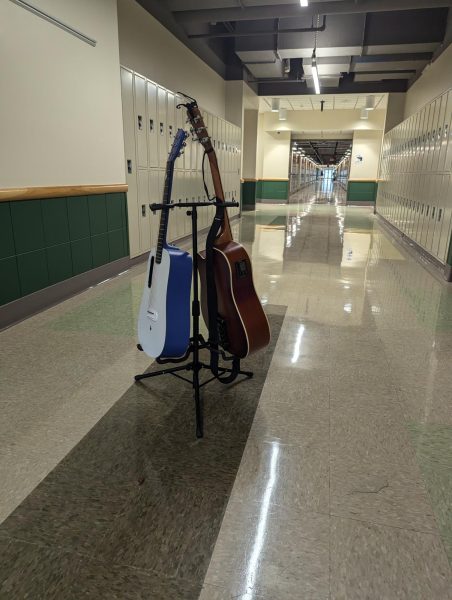
depending on what their past experiences are with using music to stay focused. Teachers can influence whether students can listen to music while working. Depending on their rules, regulations, and even recommendations. No matter where you stand music can still have its benefits and disadvantages.
Music is a common distraction for students, some say. It is scientifically proven by Quora that when music is being played as you read, the lyrics of a song will cloud the information from the words you’re taking in. Listening to the music too loudly can also harm your work because you’re focusing on the music and not anything else. According to the National Institution of Health, music can impact your mood. It can give you anxiety and increase depression. However, there are very positive facts and impacts about music.
It is scientifically proven by the National Institute of Health that music stimulates your alpha waves which are mainly responsible for your focus, alertness, and critical thinking. This means that it helps your mind focus on the task in front of you and maybe have a better focus on the thoughts in your head. Most people surveyed at Oakmont Regional High School report that they listen to rap and hip-hop. Although rap and hip-hop were the most popular vote, people liked country, rock, alternative, and R&B.
Krish Patel reports, “Music helps me focus because when I listen to music it blocks out all the sounds in the room and that makes me focus.” Kris Kerns also shared that, “It helps me focus, It gives my brain something to focus on, more soothing to the brain” When Xavier Robertson was asked about music in class he shared, “It helps me focus when I’m doing work when I don’t have a constant soothing in have thoughts that have a good or bad impact on my brain, and when music is in my ears all those thoughts go away.” Many Oakmont students support the benefits of listening to music in class.
Now, it’s scientifically proven by Cynthia Dickison that classical music helps supplement attentiveness. It can help stimulate focus by lowering your blood pressure which gives relaxation to the brain making the brain more receptive to the intake of information.
Music can also be a common factor that changes your mood from sad to happy. Initially, when music is played, the blood flows to some parts of the brain’s regions that control people’s emotions. Now, depending on what type of music you’re into, this would be effective, but if it’s music that you don’t like and you’re in a bad mood that will that will have a negative outcome on your mood.
In the Oasis program (A program for students who need a smaller setting with added support), Mrs. Rena Payne (School Adjustment counselor) has given some insight into how music helps her students focus. She has said that her students use music to focus on their work and she highly recommends it to other students as well. In the past, she has used this as a studying tool to help her focus. And since she has had good experience with this, she thinks that music is a great way to help you focus. However some people have different opinions on certain types of music, so Payne stays away from giving students a specific music genre to listen to because we all have different opinions. The reason for this is that Payne uses or listens to different genres of music depending on the tasks she needs to complete.
People with ADHD can have a good way of focusing with music in their ears as well. Payne shared that people with ADHD can focus better with music, such as her students, and even herself. Theodora Blanchfield, AMFT a mental health writer states that, “the way it works is when music is being played, the brain feels as if it’s being rewarded. The nucleus responds to the attention it’s being given and feels more positive. The nucleus accumbens is the center of motivation and attention, this is the key to helping us focus. Music can affect the mood within the nucleus accumbens of people with ADHD or people with no ADHD.”
Music is also very good for your heart. By improving your blood vessel function the heart can pump blood more better and healthier. Harvard University School of Medicine states that music can also help your heart rate and blood pressure levels return to normal after a good workout. Your heart can also recover even faster and better from a stroke by just putting on music and listening. It can also allow them after a stroke to move and speak after just coming out of a stroke.
Though people’s opinions are very different, it’s a good idea to give a chance to every genre of music because your opinion can change. Even if you have tried one type of music in the past and felt like it wasn’t helpful, you could try a different type and find that it is exactly what has been missing to help you focus. And who knows, you still may like or not like it. It all depends on you. Giving new things a try is always a good chance to grow your mind and get yourself into new things. So, give it a try, you may find listening to music is the strategy you’ve been missing.




